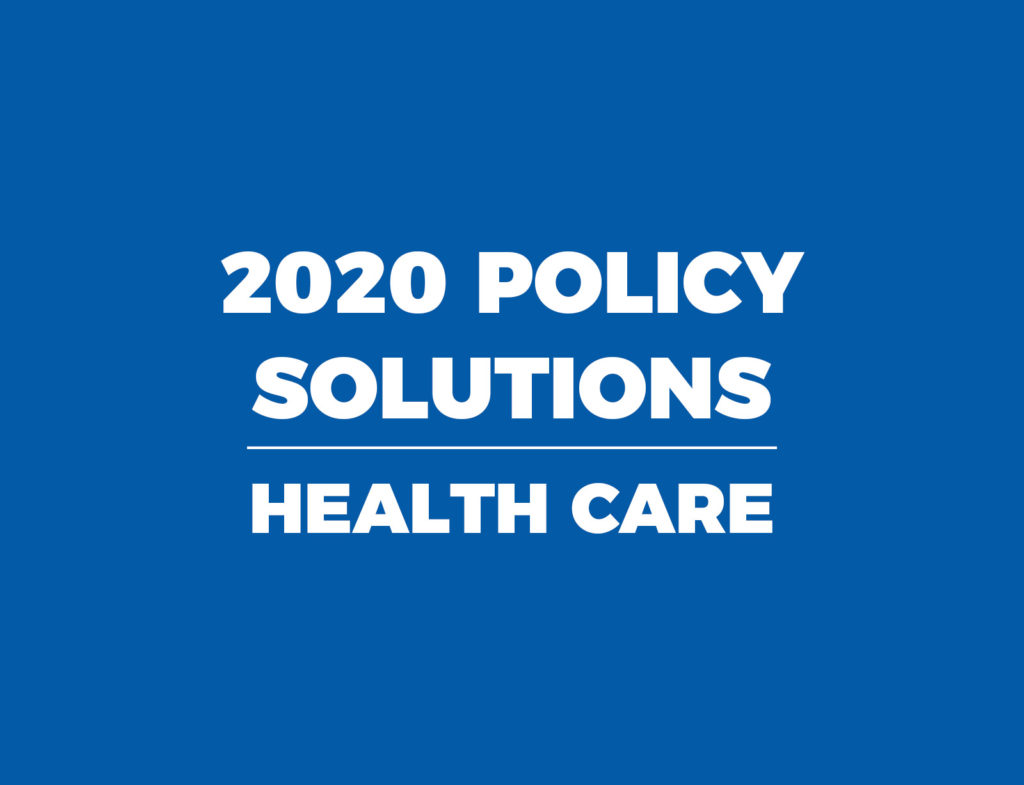Introduction
Updated as of January 2020.
The excessive amount of health care regulation that deteriorates the physician-patient relationship is pushing some doctors to opt out of insurance contracts so they can spend more time with their patients.
This practice model is known as direct primary care (DPC). In exchange for a monthly fee, patients can see their DPC doctor for all of their primary care needs. DPC is similar to concierge medicine, but the key difference is that these practices deliver basic health care at an affordable price with no insurance billing whatsoever.
For patients, DPC restores the incredible value of personalized medicine and offers treatment for patients at lower out-of-pocket prices compared to an insurance plan’s out-of-pocket expenses.
For physicians, DPC may forestall burnout. Because DPC doctors are no longer subject to insurance companies’ complex billing codes and prior authorizations, they can be creative in how they care for their patients. They also don’t have to spend 40 percent of practice revenue on personnel who are responsible for filing insurance claims. Removing insurance costs and keeping a low overhead helps DPC practices break even on as little as four patient visits per day. In traditional practice settings, primary care physicians see as many as 32 patients per day to stay afloat financially.
For employers, DPC may decrease costs and increase employee satisfaction. While most direct care takes place in small-practice settings, there are DPC companies that specialize in contracting with large self-insured employers. In North Carolina, Union County saved over $1.2 million in medical and prescription drug claims under its first-year contract with Paladina Health — a DPC-like franchise. For the plan year ending in 2018, DPC participants spent twice as much time with their physician compared to the traditional fee-for-service clinics. DPC participants also cost Union County less on a per-member, per-month basis than traditional consumer-driven options. Most importantly, 99 percent of DPC county participants reported both high satisfaction with provider access and a positive overall experience.
Key Facts
- While DPC is a niche market, it is experiencing considerable growth. As of 2019, there were 1,117 DPC offices in the country, up from 125 in 2014, and 53 physicians in North Carolina who practice DPC.
- DPC is an appealing health care option for patients because it is price-transparent and affordable. Industry-wide data show that the average adult monthly membership is $82, and 82 percent of family memberships cost between $50 and $225. In return, patients have quicker access to primary care services such as comprehensive annual physicals, EKG testing, joint injections, laceration repairs, and skin biopsies. North Carolina practices can even dispense prescription drugs in-house at wholesale cost.
- A study conducted by University of North Carolina and North Carolina State University researchers found that patients seeking treatment from Access Healthcare, a direct care practice located in Apex, North Carolina, spent 85 percent less on total health care spending and enjoyed an average of 35 minutes per visit compared to eight minutes in a nondirect-care practice setting.
Recommendations
- Policymakers should pass legislation that states direct care providers do not act as a risk-bearing entity so that patients’ monthly DPC membership fees are not classified as an insurance premium. To date, 26 states have enacted legislation that specifically defines DPC as not acting as insurance. This would protect DPC providers from North Carolina Department of Insurance regulations and keep costs low for patients.
- Find ways to utilize the DPC model for Medicaid patients. The North Carolina Department of Health and Human Services (NCDHHS) could work within a federal waiver to administer and monitor health savings accounts (HSAs) or debit cards with a lump-sum contribution to eligible enrollees.
- Implement a DPC benefit option for State Health Plan members. Union County employees continue to reap the benefits of the DPC option in their health plan. State employees should be afforded the same opportunities.



